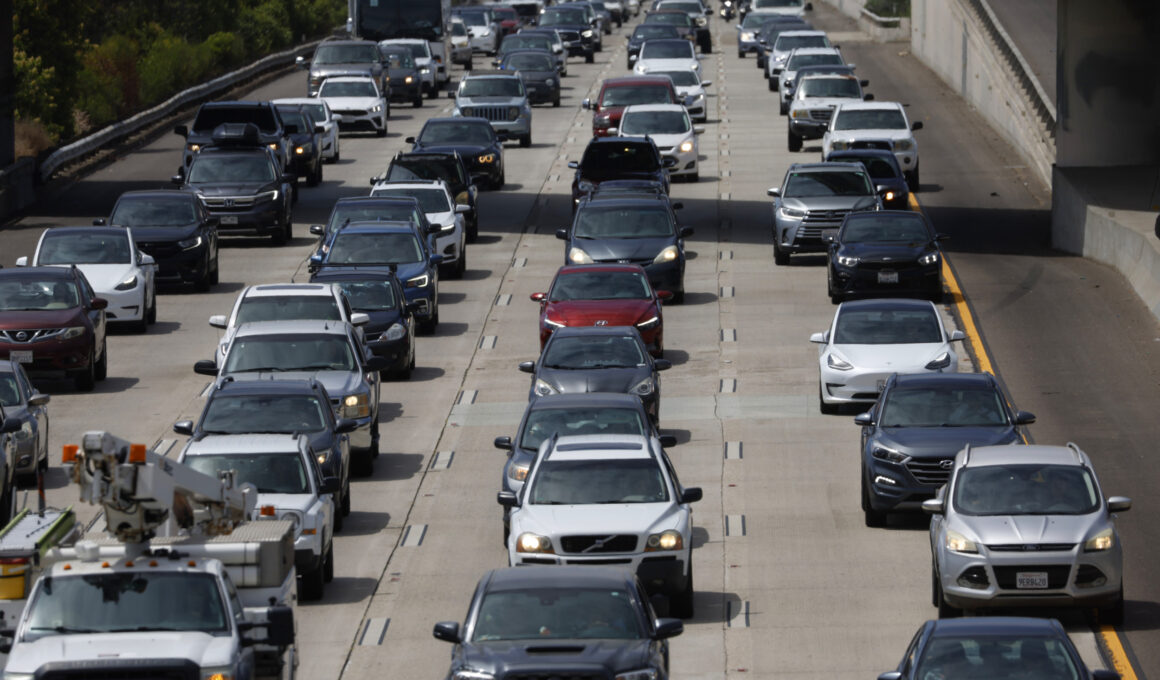Ford, one of the world’s largest U.S.-based automakers, is trying to patent a new invention that would allow its cars to monitor the speed of other vehicles and report traffic violations to the police—a technology that could revolutionize speed surveillance on the road.
A patent application published by the Patent and Trademark Office on July 18 and originally filed by Ford on January 12, 2023, is titled “Systems and Methods for Detecting Speeding Violations.” It details how the system would work.
The document says the cars would monitor nearby vehicles on the road using onboard cameras and photograph them if they’re going above the speed limit. The photographs, together with a report containing the speed data, the time and the geographic location of the suspected violation, would then be sent to a police car or roadside monitoring units via an internet connection, according to Ford’s plans.
Newsweek reached out by email to Ford’s media team for further comment.
Stationary speed cameras are already in use along American roads, which can take photos of the license plate of a speeding vehicle, but police officers cannot confirm who was driving that car. Officers using a radar or laser gun, on the other hand, still have to ask a speeding driver to pull over to identify the person and issue a ticket.
Ford’s invention, according to the patent, would not require police officers to do so and would release them from the “added burden” of identifying speeding drivers in court if they contest the traffic citation.
The images taken by the cars, according to the automaker, would be high quality enough to allow officers to identify both the speeding car’s license plate and its driver. They also would serve as evidence of the traffic violation.
These images would be checked against motor vehicle department records about the person matching that license plate, and a photograph of the registered owner would be retrieved.
If that image doesn’t match the Ford car’s photo of the speeding driver, “the analysis process may include a further analysis step of comparing the target vehicle driver image with photographs of licensed drivers having the same residence address as the registered owner of the target vehicle to determine whether, for example, a member of the family of the registered owner was the driver of the target vehicle,” the patent application says.
The document specifies that the idea is to create a method for capturing images of a speeding vehicle, gathering evidence of the traffic violation, transmitting the images and other data to an analysis center, issuing citations to violators and “deriving revenues therefrom.”
The technology would also potentially allow private citizens “to use the SPDCam system to capture images of vehicles violating traffic laws, submit the images to an analysis center and collect a percentage of the revenues generated from the fines.”
Uncommon Knowledge
Newsweek is committed to challenging conventional wisdom and finding connections in the search for common ground.
Newsweek is committed to challenging conventional wisdom and finding connections in the search for common ground.







